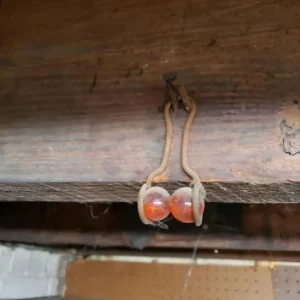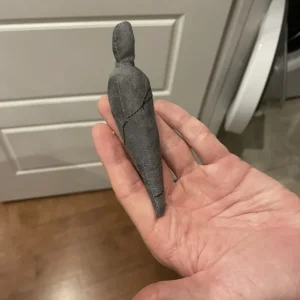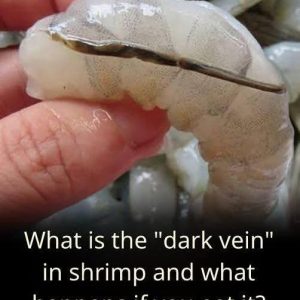When Claudia Rodríguez discovered she had Chagas disease during her pregnancy, she faced immense fear and uncertainty. Chagas, a parasitic infection transmitted by kissing bugs, can pass from mother to baby, risking severe complications. Fortunately, after undergoing treatment, Rodríguez’s newborn tested negative for the disease. Her relief, however, was tempered by the knowledge that many others aren’t as lucky. In regions like Latin America, where Chagas is endemic, limited awareness and healthcare barriers often delay diagnoses and treatment, putting lives at risk.
A Daughter’s Struggle: Delayed Care and Misdiagnosis
Elvira Idalia Hernández Cuevas experienced the consequences of poor Chagas awareness firsthand when her 18-year-old daughter was diagnosed. Doctors initially struggled to recognize the disease, leading to dangerous delays in care. Identified over a century ago, Chagas remains widely misunderstood, even in areas where it is prevalent. Spread through the bite of infected kissing bugs, the disease can silently damage the heart and digestive system if left untreated. Hernández has since become a vocal critic of health authorities, accusing them of underreporting cases and failing to properly train medical professionals.
A Neglected Disease: Lack of Progress and Harsh Treatments
Classified as a neglected tropical disease, Chagas receives far less attention and funding than other global health threats. Existing medications, while effective, often come with severe side effects—Rodríguez endured hives, dizziness, and nausea during her treatment. Efforts to improve care, such as the Chagas Hub founded by Professor David Moore in London, aim to bridge gaps in diagnosis and education. Yet progress toward the World Health Organization’s 2030 elimination target remains sluggish. Without greater investment and innovation, millions will continue to suffer from this preventable and treatable illness.
Raising Awareness: Advocacy and Action
Today, Hernández leads FINDECHAGAS, an organization dedicated to fighting for better Chagas education and healthcare access. She urges communities to take the disease seriously—if kissing bugs are spotted, seeking immediate medical attention is crucial. Stories like Rodríguez’s and Hernández’s highlight the urgent need for global awareness, improved doctor training, and more compassionate treatments. Until Chagas is prioritized, vulnerable populations will remain at risk, and preventable tragedies will persist.



